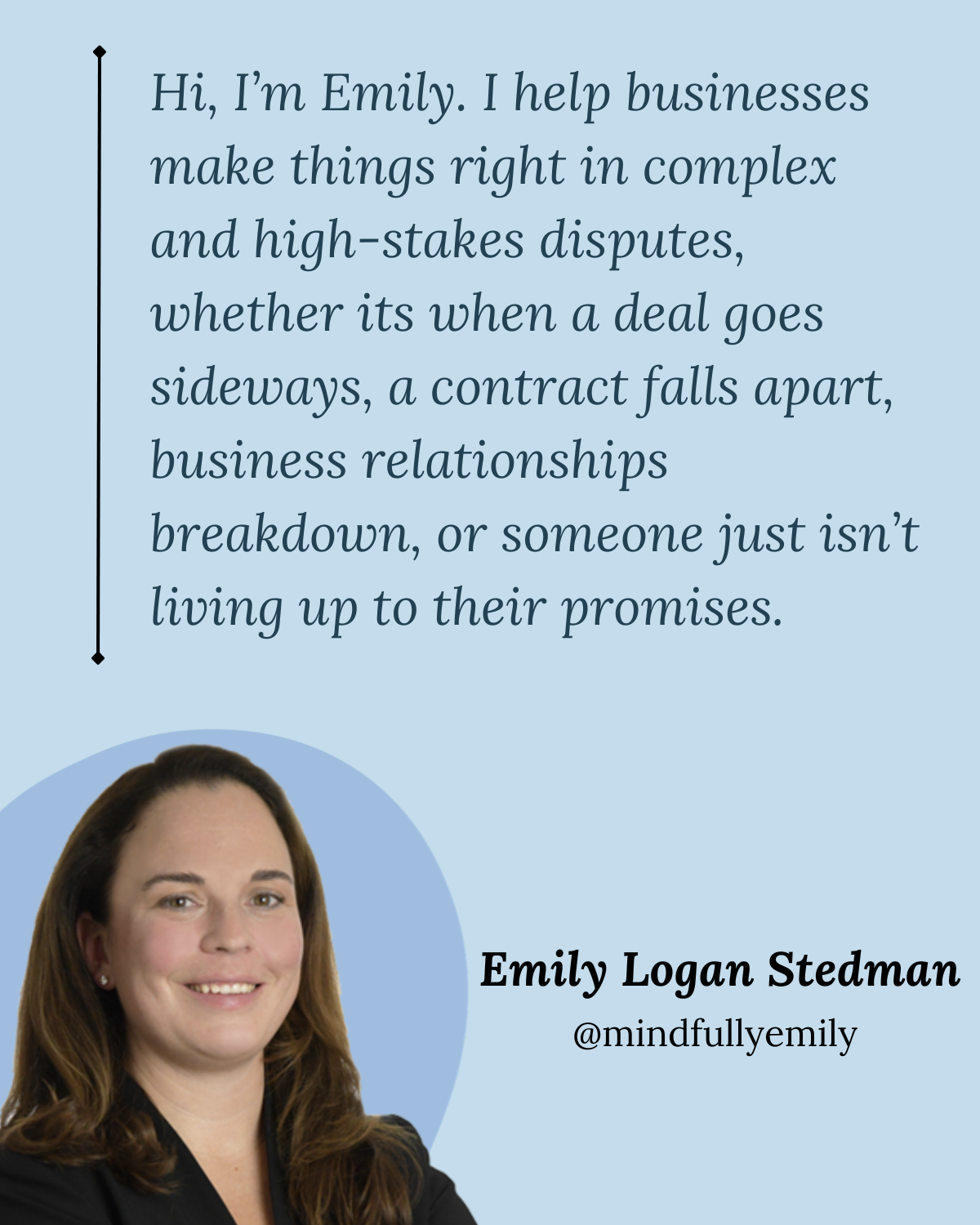Walking Away
Contracts are the backbone of business and professional relationships--agreements that outline expectations, duties, and responsibilities.
Not to exaggerate too much, but I suspect a lot of people underestimate the role contracts play in laying the foundation for and sustaining business in our country and world wide.
Typically, these agreements contain provisions dictating when and how the relationship ends.
But, what if you need to end it earlier than anticipated?
Break ups happen and you can approach them with intent and clarity, if you know what to look for.
💔The obvious reason to end a contract early is when one party breaches the agreement--when someone violates the terms in a significant way, a way that undermines trust and the purpose of the relationship in the first place. This will often turn on specific conduct or other, early-warning signs that something is off.
💔 Sometimes world events or other unforeseen and unpredictable things make it impossible for the parties to fulfill their obligations. This can nullify the purpose of the agreement and necessitate terminating early. This might include changing business circumstances (ownership changes, changing goals). It can also turn on economics and current events (a pandemic or increasing costs and inflation).
Whatever the reason, rushing to sue is often not the best first step. Usually, there is room to negotiate a mutual agreement--a walkaway. Things to consider:
💔 Do you want to maintain a relationship with this entity and how will ending this contract impact those goals?
💔 Will early termination impact your reputation in the market or with this partner?
💔 How does termination align with the business's strategic and long-term goals?
Ending a contract early can have significant consequences, so it is not to be done lightly.
To avoid early termination--and to make a break up easier--consider proactively managing your business relationships.
💔 Do you have regular reviews or check-ins to evaluate how the relationship is going?
💔 Is there a regular cadence of communication--positive and negative, formal and informal?
💔 What data do you gather and how often is it evaluated? What data do you share between partners?
💔 Are expectations set and evaluated?
Outside counsel (like me) can assist with creating systems and communication routines.
When the bumps begin and breaking up looks likely, we help
💔 gauge potential liability (and penalties),
💔 estimate a settlement offer or payment to the other side to walkaway,
💔 and draft a position and strategy that creates leverage.
Business are made up of humans. Like humans, businesses make mistakes, break promises, and evolve over time. Knowing what to look for and who to call can decrease stress and save time + money when contractual relationships falter.
🔥❤️✌🏻
